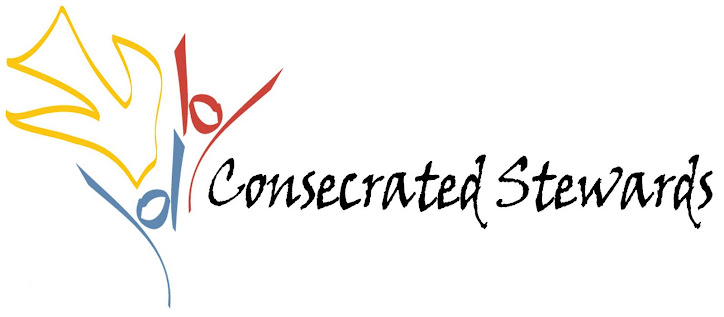
It's a difficult subject to address with congregations, but as one whose ministry was for many years at the District or judicatory level, I know from experience that many congregations do not take simple steps to protect themselves from the heartache and scandal of financial mismanagement.
Every congregation should have written procedures that govern the handling of money from the time it hits the offering plate until the time it is deposited in the bank and how it is reported to the congregation. Brotherhood Mutual Insurance Company lists at least three "red flags" for financial mismanagement (Click HERE for full article):
Red Flag No. 1: A person who does it all. “If you have the same person counting the money, recording it and depositing it—you’ve got a problem.”
Good Controls:
- Provide Checks & Balances. The person who opens the mail should differ from the one who makes bank deposits. The person making payments from a fund shouldn’t balance that fund.
- Split Duties. Reduce the temptation for a single individual who handles all the funds.
Red Flag No. 2: An Opportunity for Temptation
What greater temptation is there than a pile of money passing in front of your face? Being left alone in a room to count it.
Good Controls:
- Follow the Rule of Twos. For church offerings, experts recommend that you follow the rule of twos: At least two people should always collect and count the offering.
- Select Counters Carefully. Enlist money counters who aren't related and don't work at the same place during the week. Also, avoid selecting someone experiencing a financial crisis.
- Secure Counting Area.
Red Flag No. 3: Inadequate Oversight
Tales of embezzlement often share common elements: a charismatic person in a position of trust who convinces the governing board that all is well; the board assumes the person speaks truthfully and performs his duties honestly; then regular checks are not performed. As consequence the crime goes unnoticed.
Good Controls:
- Reconcile Bank Statements.
- Hold Monthly Financial Meetings.
- Schedule Audits.

No comments:
Post a Comment